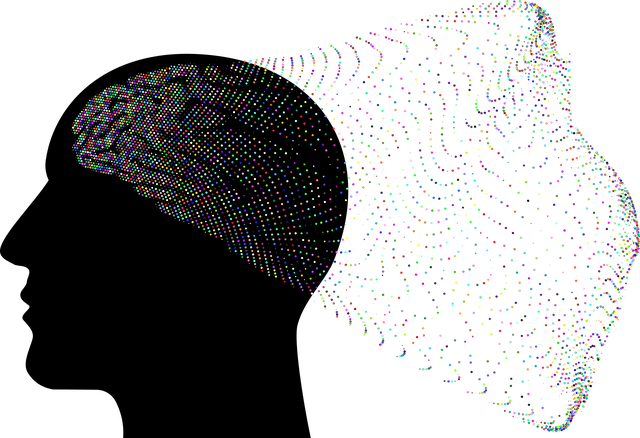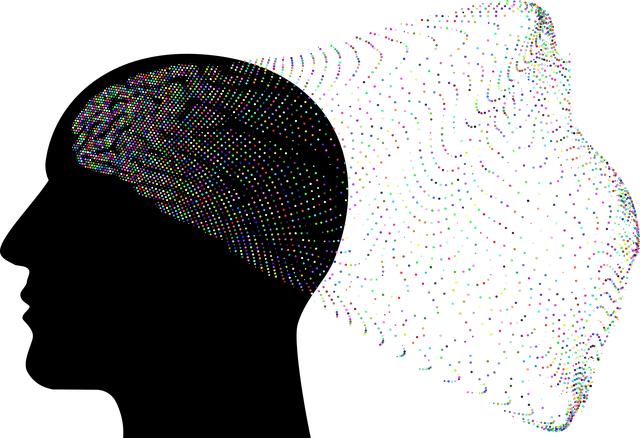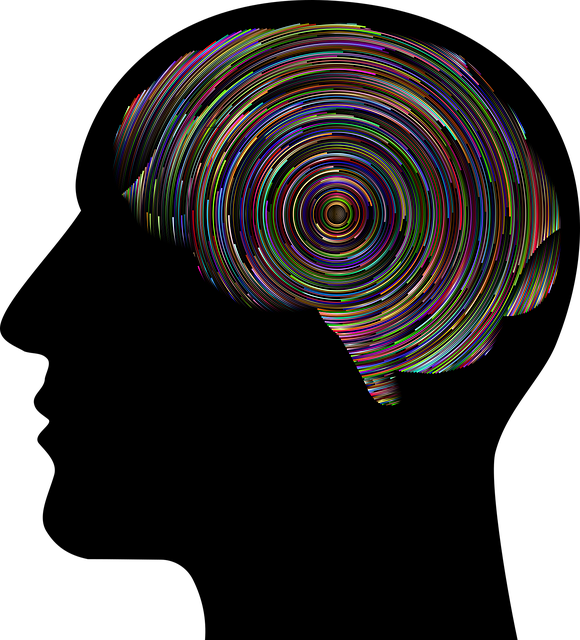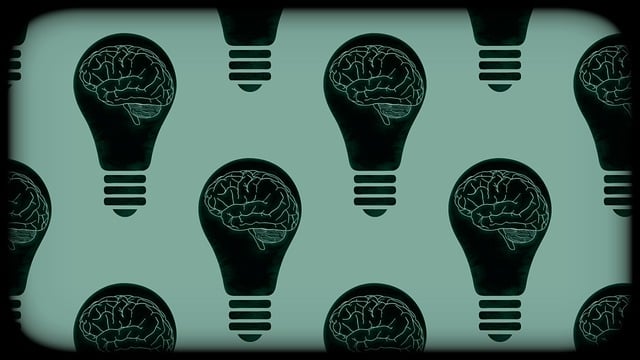Golden Postpartum Depression (GPD) therapy offers a comprehensive solution for new mothers experiencing intense sadness, anxiety, and exhaustion post-childbirth. Integrating cognitive-behavioral therapy (CBT), interpersonal therapy (IPT), journaling exercises, and mental health education, this approach aids in modifying negative thought patterns, improving relationships, and fostering resilience. Beyond talk therapy, holistic methods like CBT, mindfulness practices, and self-care routines development, along with stress management workshops and trauma support services, enhance recovery. Building a strong support network through social connections and mental wellness programs is crucial for managing and preventing GPD.
Mood regulation strategies are crucial for managing common struggles like postpartum depression. This article delves into various therapeutic approaches designed to alleviate symptoms of Golden Postpartum Depression (GPD). We explore key treatments, such as Cognitive Behavioral Therapy (CBT), and other effective therapy methods. Additionally, we emphasize the significance of building a supportive network for optimal mood regulation in the context of GPD therapy.
- Understanding Postpartum Depression: A Common Struggle
- The Role of Therapy in Golden Postpartum Depression Treatment
- Cognitive Behavioral Therapy (CBT): A Powerful Tool
- Other Effective Therapy Approaches
- Building a Supportive Network for Mood Regulation
Understanding Postpartum Depression: A Common Struggle

Postpartum depression (PPD) is a common yet often overlooked struggle faced by many new mothers. It’s more than just the ‘baby blues’; it’s a serious mental health condition characterized by intense sadness, anxiety, and exhaustion. This period of profound emotional change can significantly impact a mother’s ability to care for herself and her baby. The onset usually occurs within four weeks after delivery but can develop later as well.
While postpartum depression receives increasing awareness, there is still a need for comprehensive support. Golden PPD therapy combines various evidence-based practices, including empathy building strategies and risk management planning for mental health professionals. Encouraging new mothers to engage in mental wellness journaling exercises can also be beneficial. This practice allows them to process their emotions, track progress, and access coping mechanisms tailored to their unique experiences, fostering resilience and recovery.
The Role of Therapy in Golden Postpartum Depression Treatment

The role of therapy is pivotal in addressing and treating Golden Postpartum Depression (GPD). This form of depression, often characterized by a persistent sense of sadness, anxiety, and exhaustion following childbirth, requires specialized care. Psychotherapy, including cognitive-behavioral therapy (CBT) and interpersonal therapy (IPT), has shown significant effectiveness in managing GPD symptoms. These therapeutic approaches not only help individuals identify and change negative thought patterns but also foster healthier relationships and improve coping strategies.
Mental health education programs designed to raise awareness about postpartum depression and its various forms, such as GPD, play a complementary role. By educating expectant mothers and their support systems on the signs and symptoms of postpartum depression, these programs can facilitate early intervention. Additionally, the development of Mental Wellness Coaching Programs can provide ongoing support, guiding individuals through personalized strategies for maintaining mental health during this transformative period. Depression prevention initiatives, integrated with therapy and education, offer a holistic approach to addressing the unique challenges faced by new mothers.
Cognitive Behavioral Therapy (CBT): A Powerful Tool

Cognitive Behavioral Therapy (CBT) has emerged as a golden postpartum depression therapy, offering a structured approach to addressing mental health concerns. This evidence-based method focuses on identifying and changing negative thought patterns and behaviors, providing individuals with practical tools for emotional regulation. By targeting specific cognitive distortions associated with postpartum depression, CBT equips new mothers with the skills to navigate the challenges they face.
Effective communication strategies are integral to CBT’s success, fostering a collaborative relationship between therapist and client. This dynamic enables a deeper exploration of thoughts and feelings, facilitating a nuanced understanding of emotional triggers. Moreover, integrating CBT into broader mental health policy analysis and advocacy efforts can enhance access to this powerful therapy for at-risk populations, ultimately contributing to improved maternal well-being and better outcomes for families.
Other Effective Therapy Approaches

In addition to traditional talk therapy, several other effective therapy approaches exist to support mental health and well-being, especially for those dealing with conditions like postpartum depression. One such approach is the Golden Postpartum Depression Therapy, which combines elements of cognitive-behavioral therapy (CBT), mindfulness practices, and self-care routines development for better mental health. This holistic method helps individuals identify and challenge negative thought patterns while teaching them techniques to manage stress and regulate their mood more effectively.
The integration of Stress Management Workshops Organization and Trauma Support Services within these therapeutic frameworks can further enhance recovery. These workshops provide practical tools and strategies for coping with daily stressors, fostering a sense of resilience. Additionally, trauma support services offer specialized care for individuals who have experienced past traumas, helping them process and heal from these experiences, which often play a significant role in mood disorders like postpartum depression.
Building a Supportive Network for Mood Regulation

Building a supportive network is a powerful tool for mood regulation, especially during and after pregnancy. The postpartum period can be emotionally challenging, with many new mothers experiencing what’s often referred to as ‘the baby blues’ or even more severe conditions like postpartum depression (PPD). In these moments, a robust support system becomes crucial. Friends, family, and sometimes professional support groups play a vital role in helping individuals cope and recover.
Social connections provide a sense of belonging and can offer practical assistance with daily tasks, allowing individuals to focus on their mental wellness. Mental health education programs designed specifically for new parents can empower them to recognize signs of distress and seek appropriate therapy, such as Golden Postpartum Depression Therapy. Promoting emotional well-being through these support networks not only aids in managing existing conditions but also serves as an effective preventive measure against future mood disorders.
Postpartum depression can be a challenging yet manageable condition. Understanding its symptoms and seeking appropriate golden postpartum depression therapy is crucial. Various effective approaches, such as cognitive behavioral therapy (CBT) and building a supportive network, can significantly aid in mood regulation. Combining these strategies with professional help ensures a holistic treatment plan, fostering recovery and improved well-being for new mothers.












